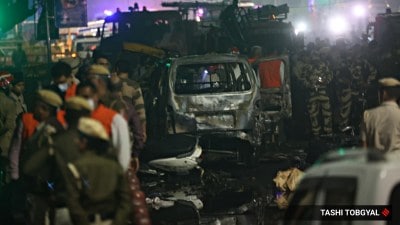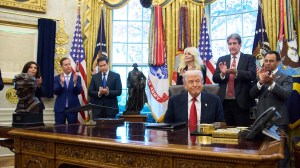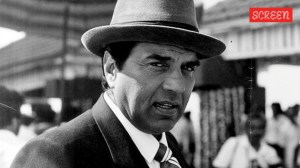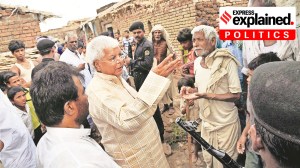UN sets up dept to pursue global disarmament
UNITED NATIONS, January 3: The United Nations, in a belated attempt at pursuing demilitarisation after the end of the cold war, is creating ...

UNITED NATIONS, January 3: The United Nations, in a belated attempt at pursuing demilitarisation after the end of the cold war, is creating a new department to disarm the world at large.
The establishment of the Department of Disarmament Affairs – unanimously approved by the 185-member General Assembly four days ago – comes at a time when the world body is saddled with the burden of monitoring a rash of new conventions on disarmament. These include UN conventions against landmines, chemical weapons, international terrorism and nuclear weapons.
The new department, to be set up in New York in early 1998, will be headed by an under-secretary-general to denote the importance of disarmament in the UN system. Despite strong reservations expressed by Pakistan, Russia and Ukraine, the department will absorb the existing UN Centre for Disarmament in New York, headed by an assistant-secretary-general.
All three countries argue that there is no need for a department of disarmament in New York when there already exists a Geneva-based Conference on Disarmament, described as the largest single multilateral body on disarmament. They also point out that appointing an under-secretary-general is an overkill for the new department.
Amjad Hussain Sial of Pakistan told delegates last week that in the interest of consensus, his country had "reluctantly agreed" with the proposal for the creation of the new department. Pakistan has also pointed out that the secretary-general’s action was an attempt to move "the centre of gravity in the disarmament field away from Geneva where it belongs, to New York where it does not belong." But UN Secretary-General Kofi Annan, who initiated the proposal, disagrees.
Annan says the new department will enhance UN’s role in global disarmament and play a particularly important role in stemming the heavy flow of small arms used in civil wars, devastating parts of Africa, Asia and Europe.
Earlier, during the height of the cold war, the UN did have a section to deal exclusively with disarmament, but in 1992, former secretary-general Boutros Boutros-Ghali downgraded the department’, reducing it to a centre’ for disarmament. "I think it was a mistake to have downgraded disarmament," says Annan, "and I am correcting that mistake."
Annan argues that with the end of superpower rivalry, nations everywhere have come to recognise their stake in the success of multilateral negotiations and the monitoring of weapons development. "As a consequence, the UN has taken centre stage in the worldwide effort to limit both weapons and conflict," he said. Annan’s original proposal was for a "department of disarmament and arms regulation", but some countries feared that "arms regulation" was a codeword to pursue a hidden agenda regarding nuclear non-proliferation.





- 01
- 02
- 03
- 04
- 05


























